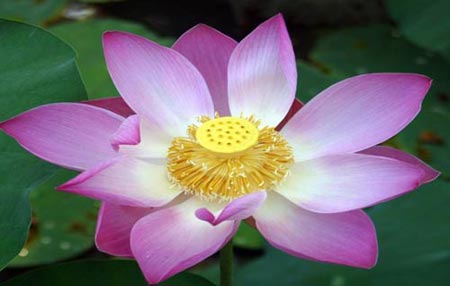
It seems we are all striving for happiness; but, what do we actually mean by happiness? There is a big difference between a fleeting pleasure and an inner happiness independent of external events. These characteristics help to differentiate between real happiness and false happiness.
Peace and Happiness:
Real happiness brings inner peace. When we are sincerely happy we are at peace with the world and with our self.
A false happiness will be accompanied by insecurities, doubts and worries. We think our happiness could easily be spoilt by external events. To cultivate happiness based on an inner peace it is necessary to be detached from the worries of the mind. We should not have a feeling of indispensability, but a calm acceptance of external events.
He is happiest, be he king or peasant, who finds peace in his home.
– Johann von Goethe
Pride.
A false happiness comes from a feeling of superiority. We feel that happiness depends on proving to the world that we are better or more indispensable than other people. A close relative of pride is jealousy of others whom we can not surpass. Real happiness takes joy in the achievement of others; in real happiness there is no feeling of inferiority and superiority, but only a sense of oneness. If you are constantly judging yourself against others, real happiness will remain elusive. If you can gain joy from others success, you have discovered a secret of real happiness.
Praise vs Detachment
If we are praised to the sky we are in the seventh heaven of delight; when we are mercilessly criticised we feel in the depths of hell. Relying on the praise of others can, at best, only give a fleeting happiness. Permanent happiness comes only when we maintain a sense of self esteem which is detached from the volatile opinions of the world.
To live a pure unselfish life, one must count nothing as one’s own in the midst of abundance.
– Buddha
Success vs Self Transcendence.
Success gives us a temporary feeling of euphoria; we have fulfilled our desires and now we can be happy. But, the joy of success is temporary and short lived. No success is permanent, and often we are often left with a desire for an even bigger and better success. Self transcendence is the ongoing process of self development and self improvement. The happiness of self improvement is not in achieving, but in the process of aiming for a better life. The joy of self transcendence is not confined to the odd victory, but, is the permanent journey of self discovery.
Continue reading “The Difference between False Happiness and Real Happiness”





